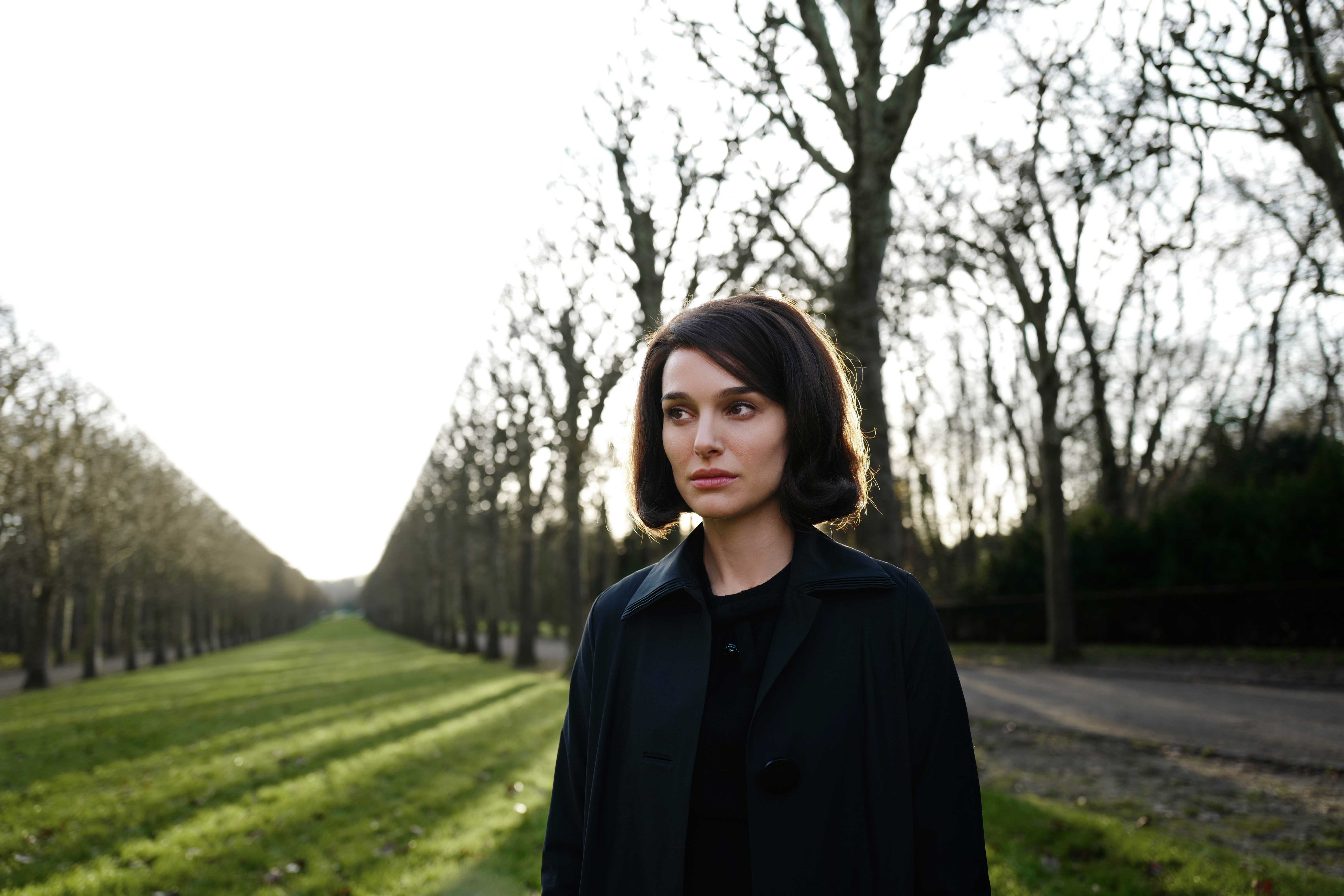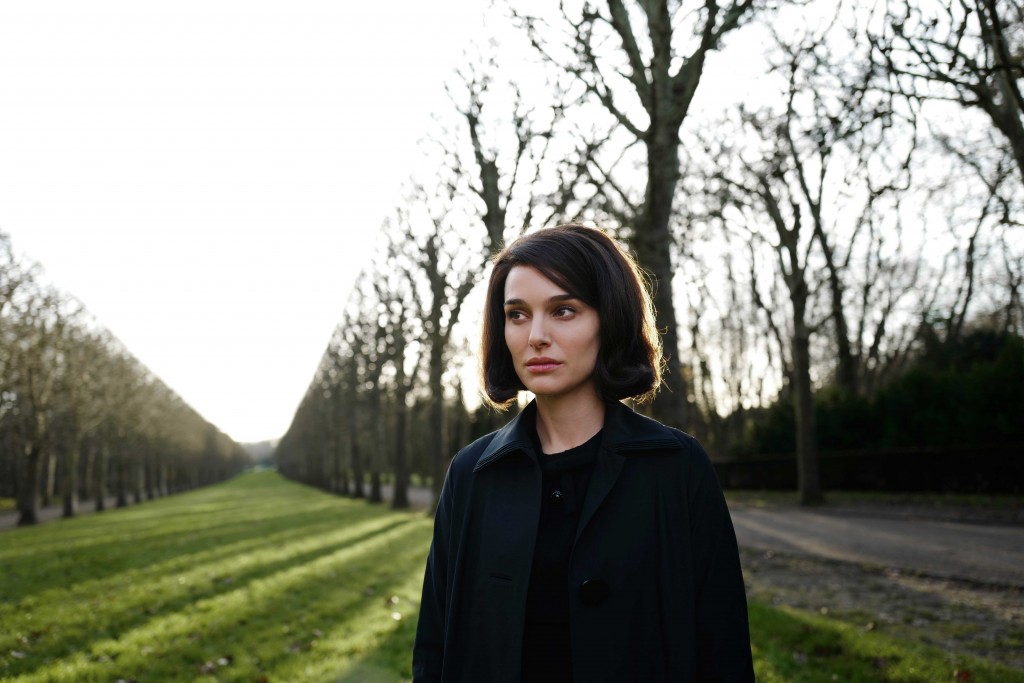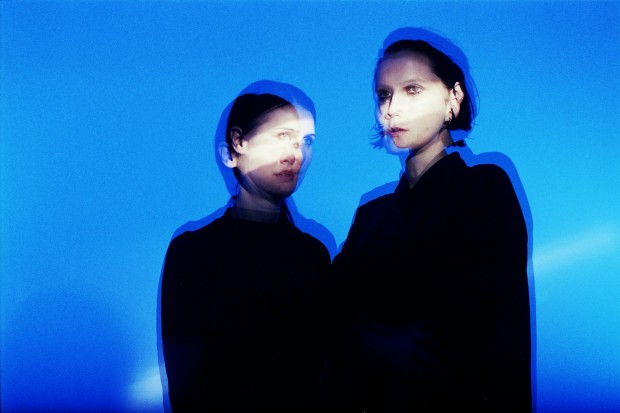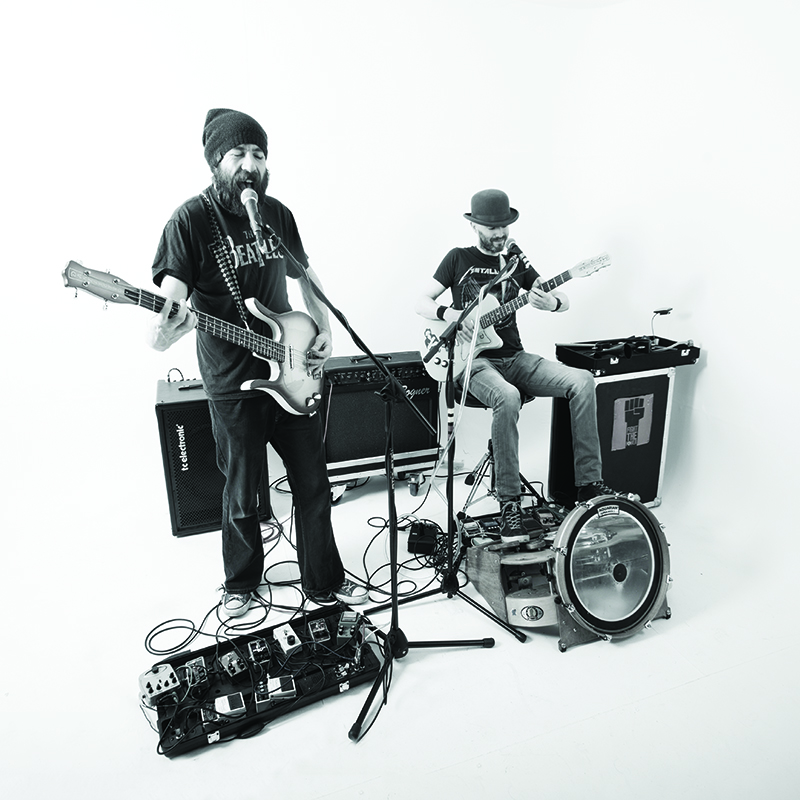Translating the life of a famous figure to film is notoriously hard to pull off. For every biopic like Capote there’s an Iron Lady; for every Milk, The Doors. Even without the prospect of a leather-clad Val Kilmer to sink a film’s prospects, biopics can all too readily fall foul of audiences: the shopworn rags-to-riches (or maybe rags-to-riches-to-drugs) tropes of the likes of Walk the Line have been ferociously mocked in parodies such as Walk Hard.
Kudos to director Pablo Larraín, then, for attempting two biopics in two years. From Larraín, who directed last year’s much admired biopic Neruda (dealing with aspects of the life of the Chilean poet of the same name), comes Jackie. Its protagonist is Jacqueline Kennedy (Natalie Portman), widow of the assassinated US President John F. Kennedy.
Unlike Neruda and more rote biopics like Walk the Line, Jackie adopts a comparatively narrow focus in concerning itself mainly (though not exclusively) with the events of a week in November 1963. Naturally, the film covers the broad seismic shifts that led to and followed JFK’s death, including the dual assassinations of JFK and Lee Harvey Oswald; the rumbling into life of the remorseless political machinery to install a new President in the White House; and JFK’s funeral procession, attended by a plethora of foreign dignitaries and watched by millions. As its title indicates, though, Jackie is interested in these events less in the spirit of historical documentation and more as lenses through which to study a character in depth.
Handheld closeups in Jackie continually dissect its protagonist’s actions and behaviour; on the whole, the film offers up a depiction of a person of iron determination. In a non-linear way (something of a cliché of biopics), the film shows Jackie’s encounters with various people both before and after her husband’s death: she discusses funeral arrangements with her brother in law, Bobby Kennedy (Peter Sarsgaard), spars over heavy spiritual matters with her priest (John Hurt) and gives an interview with a journalist (Billy Crudup) a mere week after the assassination. Jackie also shows the protagonist alone, broken by grief: she pops pills, downs vodka, and (a kind of blameless Lady Macbeth) sobs and shakes as she reluctantly scrubs the last traces of her husband – his blood – off her skin.
Strung together like pearls, these vignettes function to construct Jackie as a richly faceted character. Larraín, screenwriter Noah Oppenheim and Portman deserve credit for underscoring Jackie’s homely qualities while not neglecting her assertiveness and very un-dewy-eyed awareness of her precarity even in as exalted a position as First Lady (“A First Lady must always be ready to pack her suitcases” she says). Jackie’s main pursuit throughout the film is to keep a tight rein on her and JFK’s fused legacy. She achieves this by putting her own stamp on proceedings, most obviously by telling her interviewer what he can and can’t include in the final piece, but also in her modelling JFK’s funeral procession on that of another assassinated president, Abraham Lincoln, and, in doing so, accentuating her husband’s claim to a legacy of martyrdom.
Worth noting is that JFK himself (Caspar Phillipson) barely appears. Make no mistake, this is Jackie’s – and Portman’s – film. Extreme close-ups of her face dominate, communicating, alongside recurring shots of Jackie’s black, Victorian-style funeral lace, the scale of her grief.
While, mercifully, there are no slow-motion sequences of fluttering American flags in Jackie, the film sometimes misfires dramatically. At times, its solemnity in the face of dramatising such a pivotal moment in American history can be exhausting. The dialogue during Jackie and her priest’s discussions of the whims of divine justice is blunt (and further hamstrung by John Hurt’s unconvincing Irish accent). And then there’s Jackie’s conversation with her brother-in-law about JFK’s legacy. “What will he be remembered for?” Bobby asks, flagging up the film’s themes in a way that’s practically insulting to the audience.
Cynics may enjoy pointing out Jackie’s purpose as a hagiography of not just of JFK and Jackie Kennedy, but also, in a way, of its star, Portman. Jackie’s North American release date of December (the month when studios tend to set adrift the chum most attractive to the Academy’s sharks) is surely no coincidence. Portman bagged an Oscar in 2010 for her barnstorming performance in Black Swan; her role in Jackie, playing a giant of American history (and American mythmaking), may win her another. Kevin Murray
Jackie opens in Queens Film Theatre, Light House Cinema and The Irish Film Institute on Friday 20th Jan.







